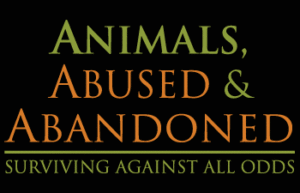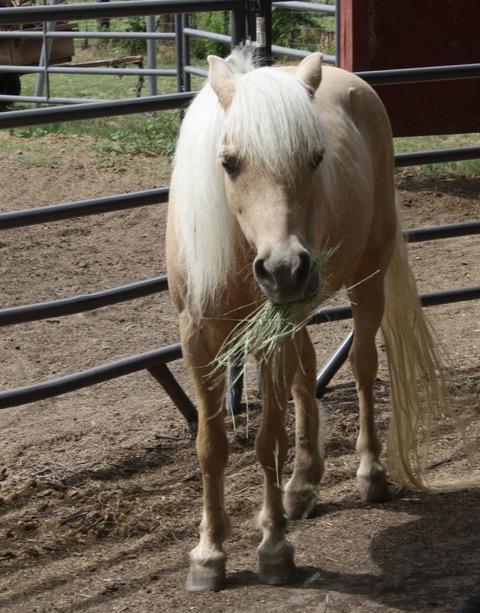Rescue & Adoption
Eli, a mini-Palomino horse, was about 4 years old when he was found by a county Sheriff wandering in a rural area in north Texas. He was very likely turned out and abandoned by his owners because they could no longer afford to feed their little horse or pay for his veterinary and farrier care. The Sheriff called a mini-horse rescue group that took him in emaciated and frightened. They put him on a physical and emotional recovery regime and began offering him for adoption. Three years later, he was still with them. Frustrated, they asked another equine rescuer to help find a forever home for him. That worked, and he was quickly adopted by a small equine-therapy nonprofit.
Health Issues
The nonprofit called their equine vet for an initial health assessment. The news wasn’t good. The vet told them that Eli was suffering from liver damage and diabetes. He warned them that the medications Eli needed for those serious illnesses might cause “Laminitis”.
Laminitis is a common, extremely painful andfrequently recurrent condition in horses.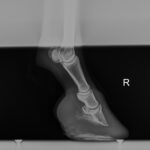 It
It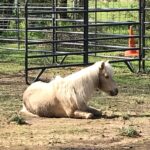 affects the tissues (laminae) bonding the hoof wall to pedal bone in the hoof. It is a crippling condition often causing them great pain when they try to stand up. Once a horse has had an episode of laminitis, they are particularly susceptible to future episodes. Laminitis can be managed but not cured.
affects the tissues (laminae) bonding the hoof wall to pedal bone in the hoof. It is a crippling condition often causing them great pain when they try to stand up. Once a horse has had an episode of laminitis, they are particularly susceptible to future episodes. Laminitis can be managed but not cured.
Animals Abused & Abandoned has helped pay for some of Eli’s veterinary care, medications, food and food supplements that address all three of these on-going health issues.
An Important Job
While being treated for each illness, Eli was gradually trained to work with human beings struggling with low self-esteem, traumatic experiences in their past, and physical disabilities.
One example was a young woman who was into people pleasing to the point of letting others hurt her.
When this person met Eli for the first time, the little horse grabbed a small corner of her sweater. The counselor asked if it was ok for Eli to do that, and she said that she didn’t care. She said it was just easier to do what others wanted her to do. Her response provided the counselor with an opportunity to talk to her about her own sense of self-worth. Slowly, the conversation turned to how a person’s own self-perception teaches others how to treat them. As her relationship with Eli began to develop, she slowly became willing to respect herself, embrace her own value, and to set boundaries.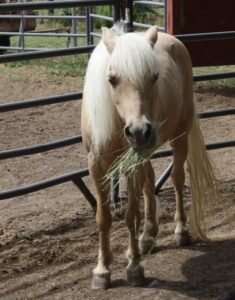
Another of Eli’s clients began to talk about her difficult, painful past, when she experienced much shame, guilt, condemnation, and conditional love. As she was in the moment, experiencing the pain of her past, Eli slowly approached her and gently leaned in on her with his body, turning his head toward her. This young woman said that in that single moment she felt Eli was giving her the unconditional, nurturing love that she had seldom ever experienced.
Caring for human beings is Eli’s job now. It is important work, and he is very good at it. By treating and managing Eli’s own painful “physical health” issues, he is able to do his job of helping human beings gain new levels of self-confidence and relief from their own painful “emotional health” issues.
